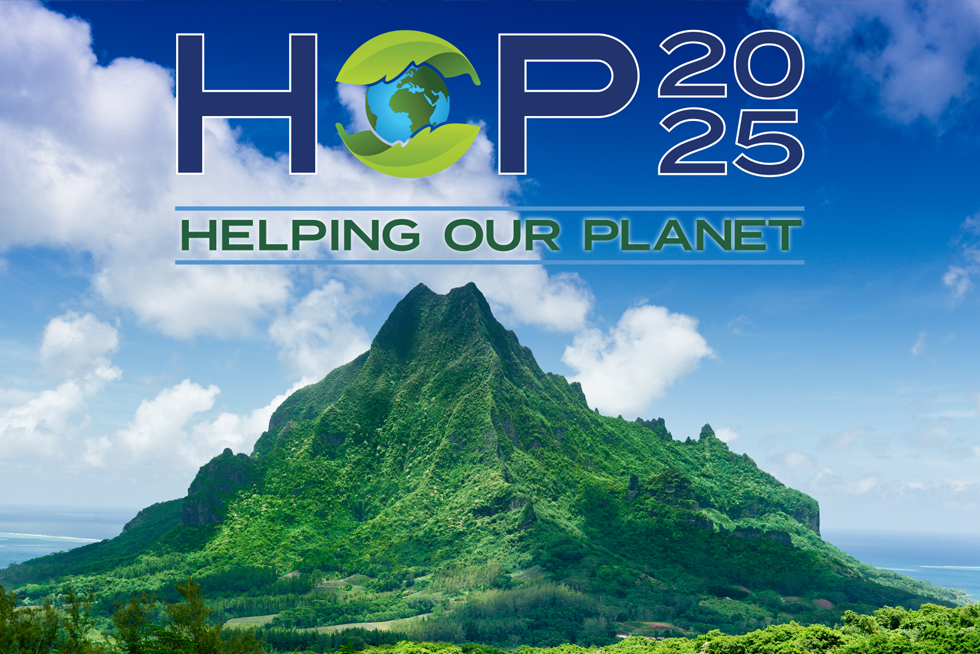Senator Sheldon Whitehouse, Adrienne Hollis, PhD, JD, and Elizabeth B. Hessami, JD, LLM, Join as Keynote Speakers

Leveraging Johns Hopkins University’s legacy of innovation and impact, the HOP25: Helping Our Planet Symposium welcomes environmental experts and enthusiasts from the general public on Saturday, April 12, 2025. U.S. Senator Sheldon Whitehouse, JD, (D-RI) opens the event as the one of the Symposium’s three keynote speakers. Adrienne Hollis, PhD, JD, Vice President for Environmental Justice, Public Health, and Community Revitalization for the National Wildlife Federation, and Elizabeth B. Hessami, JD, LLM, JHU lecturer and visiting attorney for the Environmental Law Institute, also serve as keynote speakers for the all-day event hosted at the Hopkins Bloomberg Center.
The symposium brings together decision makers, science/conservation practitioners, NGO/advocacy groups, private sector, governmental agencies, and interested members of the public to identify 21st century environmental challenges and offer next-generation solutions. Attendees will engage in discussions about the importance of utilizing interdisciplinary approaches to address emerging sustainable climate, energy, and environmental challenges while integrating the power of science and technology.
JHU program directors Cassie Hansen and Dan Zachary, along with their colleagues David Guggenheim, Lama Elhatow, Rachel Isaacs, and Geri Miller, organized the symposium. Faculty from JHU’s Science Writing and Film and Media graduate programs, as well as staff members from the Life Design Lab and Environmental Sciences and Policy’s Sustainability Leadership student and alumni group, will conduct hands-on workshops organized as part of the event.
“We are grateful to Senator Whitehouse for joining virtually from his home state of Rhode Island,” said Zachary, Program Director for the MS in Energy Policy and Climate program. “He is a big advocate of climate change and environmental protection policies and a supporter of the pedagogical studies that we emphasize in these fields at Johns Hopkins. HOP25 is designed to highlight grassroots and technical efforts, policy, governance, and justice, with a common thread of how they all work together. There are challenges in front of us, but there are also solutions and hope, and we want to stay relevant, move forward and meet those challenges with vigor.”
“We wanted HOP25 to build upon the spirit and follow the format of the United Nations’ Conference of the Parties, with an emphasis on sharing connections and community through sustainable actions and global collaboration,” said Hansen, Program Director for the MS in Environmental Sciences and Policy and MS in Geographic Information Systems programs. “Johns Hopkins is strategically located right between the White House and Congress where policy is being made on a day-to-day basis. What better place to have our energy and environmental science and policy-focused students really engage with what is happening in real time?
“We are bringing in folks who are the forefront of innovative changes,” she said. “It is important for like-minded people to come together to dialogue, engage, and brainstorm. The time is now. As the future environmental leaders within the climate and energy sectors, our students are using science to drive policy and must step forward to seek change during a difficult time.”
Johns Hopkins students, alumni, and members of the public are encouraged to visit the event registration page for the full agenda and more information about attending HOP25.